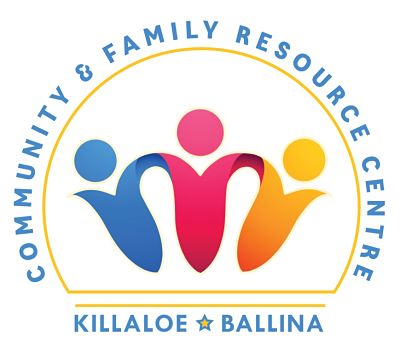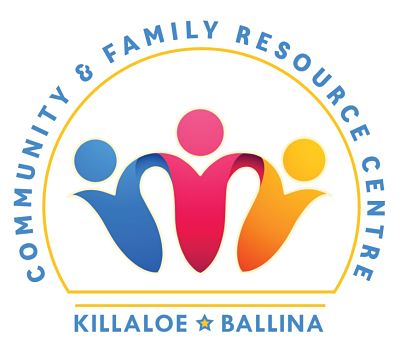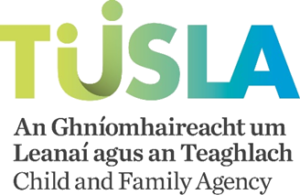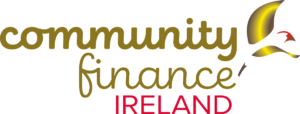Day 11: 41% of abused women experience stalking and harassment online
 Digital abuse in intimate relationships is real and it is harmful. We have long been concerned about disclosures of digital abuse made to our National Freephone Helpline and other services. In 2015, we took a snapshot of the issue in our National Freephone Helpline and One to One services and we recorded 293 disclosures of digital abuse. While the Women’s Aid snapshot is a small number of cases, we know that the phenomenon is real and growing year on year, especially for younger women.
Digital abuse in intimate relationships is real and it is harmful. We have long been concerned about disclosures of digital abuse made to our National Freephone Helpline and other services. In 2015, we took a snapshot of the issue in our National Freephone Helpline and One to One services and we recorded 293 disclosures of digital abuse. While the Women’s Aid snapshot is a small number of cases, we know that the phenomenon is real and growing year on year, especially for younger women.
A recent EU wide study on violence against women showed that 12% of Irish women and girls over the age of 15 had experienced stalking with 50% being stalked, physically and online, by a partner or ex (FRA, 2014).
Disclosures to Women’s Aid
In our contacts with women, they have told us that their personal details have been shared and lies spread about them online. Some women disclosed that their current or ex-boyfriends were stalking them on social networking sites. Women’s Aid has been contacted by women whose online use was being tracked and scrutinised and whose boyfriends demanded access to their private email and social networking accounts.
Women disclosed that they have been impersonated by their abuser online. The most common form of digital abuse we hear about are damaging rumours being spread about women both personally and professionally and having sexually explicit images taken and posted online without consent. In other cases, abusive partners or ex-partners have advertised their partners on escort sites without their consent or knowledge.
These incidents, commonly known as ‘revenge porn’ is a growing problem for young Irish women. It’s not revenge, it’s not porn. It is abuse and this type of abuse is one of the deepest betrayals of trust by a boyfriend or ex. What we are hearing is only the tip of a very large iceberg.
Other forms of digital abuse
Young women have disclosed abuse such as their mobile phone calls and texts being monitored and social media and technology being used to stalk and control them. Women are also disclosing how they are bombarded with texts and calls often telling them, in explicit detail, how they will be attacked or even killed.
Impacts of the abuse
- The impact of this type of insidious abuse cannot be underestimated.
- Women have said they feel that their privacy is completely invaded and controlled.
- Women experience anxiety and feel vulnerable and fearful. They also have difficulty in concentrating and sleeping. Women have to change their contact numbers and email addresses, close down social media accounts and in some cases, move out of their homes. Women have to try to repair damage done to their reputation with their family, friends, at college, at work and with their online communities.
What we are doing to address the issue
Women’s Aid is delighted to partner with Facebook Ireland to launch the new online safety guide for women. ‘A guide to staying safe on Facebook’ is a very useful tool to empower all women to protect their privacy online and it offer tips to help women maintain safety and control over their information. Download this guide here.
While this guide is for all women, it may be of particular importance and relevance to any woman experiencing online abuse and harassment. It is an essential guide for women. It is accessible, concise and clear and will be useful for women who have concerns about their privacy.
Yet, Women’s Aid is clear that, while these are helpful to protect a woman’s privacy, the responsibility for this form of abuse is the perpetrators’ alone. The victim is never to blame and cannot change the behaviour of the abuser.
This is only one piece of the jig saw to prevent and tackle this growing phenomenon of digital abuse in relationships.
There is a growing awareness in policy circles of the need to address cyber-harassment and related harmful internet content and of its damaging impact on young people who are active users of social media. However, awareness of the extent and impact of women being abused by their intimate partners is significantly lower.
Women’s Aid also believes that our current laws are simply unfit to meet the 21st century challenges of digital abuse and domestic violence. In its experience, the definition of harassment in law is complex and hard to prove, and rarely used to protect women who are stalked by their boyfriends or exes.
We are working to bring about real change to help increase protection for women from this type of abuse.
Help Available
- If anyone is affected please contact the Women’s Aid National Freephone Helpline 1800 341 900, 24 hours a day, 7 days a week.
- Visit our Digital Abuse help section to download the Women’s Aid and Facebook Guide to Staying Safe.
- Watch our Digital Abuse video here.
- We also have guidelines for victims for image based sexual abuse (revenge porn) available here.
Dating dangers: control and coercion in the online age





